Let’s dispel the myths, make visible the truth, and correct the wrong.
This will be a longer post and will include many citations, but it was great fun reading researching, and writing. I hope you find this fascinating 🙂
This is certainly a popular topic when it comes to diet. A common concern of eating healthfully often includes questions about eating enough protein and consuming complete proteins in a meal, especially when your vegan.
A Step Back In History
It has been thought by some (even “experts”) that most plants lack one or more of the essential amino acids and therefore it’s necessary to carefully combine foods to get a complete protein in a single meal and throughout the day. 
In a 2002 publication John McDoougal quoted and referenced fact that the essential 8 amino acid requirements were set by William Rose and colleges as early as 1952 by evaluating their maximum subjects’ needs, then they doubled the value to come up with the publicized “Recommended Amino Acid Requirements” which were also considered safe.
Another bit of history regarding protein completeness I must include comes from Caldwell Esselstyne son RIP Esselstyn. In RIPs’ book My Beef with Meat he included some history from French Canadian vegan dietitian Francess Moore Lappe who in the 1971 published her book Diet for a Small Planet. She included her recommendation to carefully combine plant foods to meet the your daily requirements of protein, when adopting a vegan diet.
Is was at this point that misinformation spread.
In Francesses’ republication of the same book 10 years later, she retracted her stance on the concern saying;
“In combating the myth that meat is the only way to get high-quality protein, I reinforced another myth. I gave the impression that in order to get enough protein without meat, considerable care was needed in choosing foods. Actually, it is much easier than I thought”.
She went on to say;
“Plant protein can meet protein requirements when a variety of plant foods is consumed and energy needs are met. Research indicates that an assortment of plant foods eaten over the course of a day can provide all essential amino acids and ensure adequate nitrogen retention and use in healthy adults; thus, complimentary proteins do not need to be comsumed at the same meal.”
Basically, it’s impossible to be protein deficient unless your eating a really restricted diet that’s not meeting your calorie requirements.
The definition for protein deficiency is Kwashiorker and it’s definition is tied to insufficient calorie intake.
The American Heart Association has it Wrong
In Circulation, the AHAs scientific journal they published their recommendations for human protein requirements saying most plants are deficient in one or more amino acid and therefore not complete.
John McDougal wrote a letter of correction requesting it be fixed.
After 2 letters Barbara Howard would not budge and responded by citing protein expert Joe Millward PhD, Professor of Human Nutrition, University of Surrey (England). But after being contacted by John and reviewing the letters of dispute Joe responded to John July 10 2003;
“I thought I had made my position quite clear in my published papers. In an article I wrote for Encyclopedia of Nutrition (Millward DJ. 1998 Protein requirements. Encyclopedia of Nutrition. Academic Press pp 1661-1668) I said ‘Contrary to general opinion, the distinction between dietary protein sources in terms of the nutritional superiority of animal over plant proteins is much more difficult to demonstrate and less relevant in human nutrition.’ This is quite distinct from the AHA position which in my view is wrong.”
Barbara Howard was forwarded a copy of emails, but remains silent.
In an different review (page 259)of the completeness of plant protein in a vegetarian diet Millward said;
However, whatever the inadequacies of such diets, amino acid supply should not be used as the argument to promote increased intake of animal foods.
Harvard has it Wrong
Vegetarians need to be aware of this. People who don’t eat meat, fish, poultry, eggs, or dairy products need to eat a variety of protein-containing foods each day in order to get all the amino acids needed to make new protein.
This is straight from the Harvard School of Public Healths‘ current stance on protein. 
I’ll combat this public health statement by quoting Mladen Golubic, MD, PhD who’s the Medical Director for the Center for Lifestyle Medicine. He specializes in lifestyle medicine, cardiovascular disease reversal, and integrative medicine approaches to lifestyle-related cancer management.
On April 4, 2014 Mladen was interviewed on a number of topics regarding a plant based diet. A viewer online asked;
“How much protein is really needed? My nutritionist told me that I should get 64 grams per day (.8 g/kg)—which is about 15 percent of my total calories daily. But T. Colin Campbell, PhD said that 10 percent is adequate and more than that may be undesirable… Others say that 20 percent is best for an active person. Is there any consensus on this?”
Mladen responded;
Several similar questions about the adequacy of protein intake for people eating fully plant-based diet have been posted by others. If you eat a variety of whole foods of plant origin (vegetables, legumes, 100 percent whole grains and fruits) and not refined food-like products, it is very unlikely that you could be deficient in protein intake, even if your needs are higher (after major surgery, for example). In other words, if you get enough calories from whole plant foods, you get enough protein.
The more protein—especially animal protein—one eats, the higher the risk of different chronic diseases.
Not too add to the controversy but it’s basically impossible to be protein deficient!
People who literally die of starvation don’t die of protein deficiency, they die of fat deficiency. Their body literally runs out of fat reserves and thus they have no energy to sustain life.
The WHO and PCRM have it Right
The World Health Organization, a Public Health Agency of the UN established in 1948 more recently published a technical report Protein and Amino Acid Requirements for Human Nutrition.
In the report summary (page 243) they recommended 58 grams/day of protein for 70kg adult men and woman which equates to .8grams/kg. The Physicians Committee for Responsible Medicine also advises .8grams/kg of body weight.
WHO continued to state;
“No safe upper limit has been identified, it is unlikely that intakes of twice the safe level are associated with any risk. However, caution is advised to those contemplating the very high intakes of 3–4 times the safe intake, since such intakes approach the tolerable upper limit and cannot be assumed to be risk-free.”
Conclusion
Well I’ll leave it their but I would like to not a couple things.
People often say “I feel I need protein”. Personally I know it not to be true that people can actually tell if their body needs protein but I do respect peoples’ enjoyment of how protein makes them feel.
Plant proteins are one of the densest source of fiber (one indication we’re not meant to subside heavily on it) which makes people feel fuller longer and people tend to like that.
Don’t mistake this reason with animal protein which is accompanied by lots of fat, particularly saturated fat (unhealthy) which is heavy because it contains 9 grams of fat per calorie. Carbohydrate and protein only has 4 calories per gram.
I hope you enjoyed this read and didn’t find it too dense. Don’t hesitate to read the citations if you want more fascinating information.
I enjoyed writing this.
Please subscribe, like, and share!
Carson McQuarrie
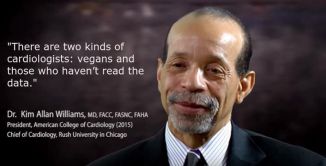
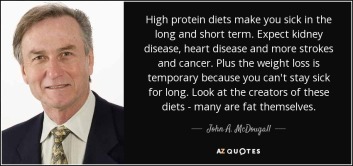
Referances:
http://www.drmcdougall.com/misc/2007nl/apr/protein.htm
circ.ahajournals.org/content/105/25/e197.full
my.clevelandclinic.org/health/transcripts/1602_benefits-of-plant-based-diets
circ.ahajournals.org/content/104/15/1869.full.pdf+html?ijkey=bb50bbddf6e7f5d32226a52632df941c5de41993
http://www.hsph.harvard.edu/nutritionsource/what-should-you-eat/protein/
circ.ahajournals.org/content/106/20/e148.full.pdf+html
goodfoodproject.net/home/resources/what-the-experts-say/protein-what-the-experts-say/
journals.cambridge.org/download.php?file=%2FPNS%2FPNS58_02%2FS0029665199000348a.pdf&code=bc9fa247747836920244640216120c97
apps.who.int/iris/bitstream/10665/43411/1/WHO_TRS_935_eng.pdf?ua=1
http://www.pcrm.org/health/diets/vegdiets/how-can-i-get-enough-protein-the-protein-myth




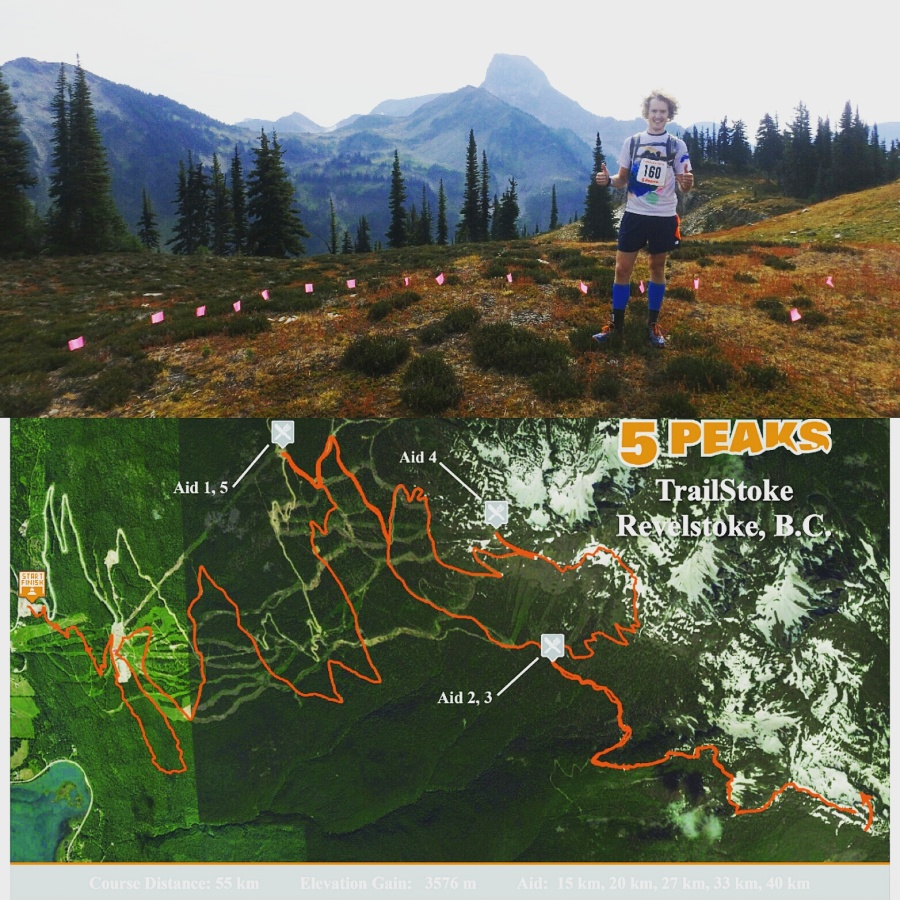

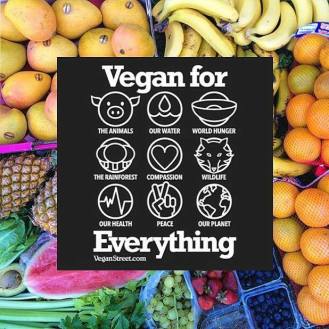
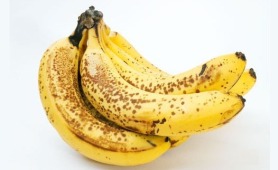

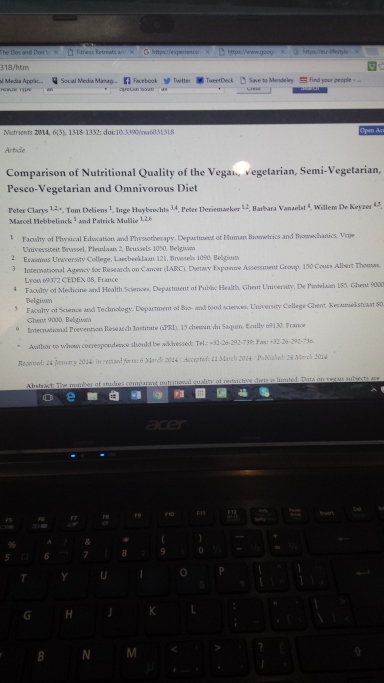
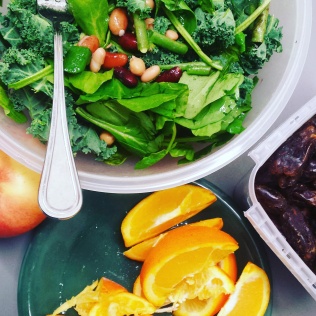

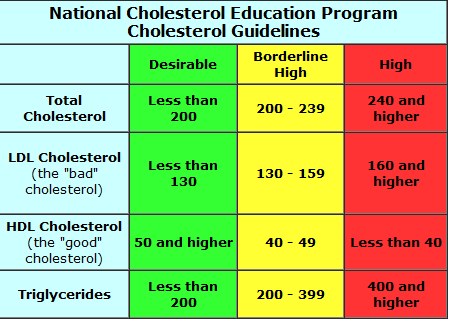
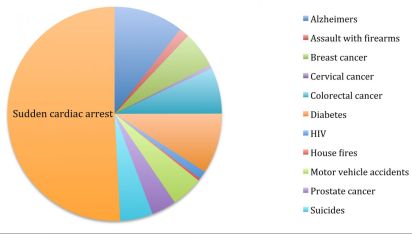 transport blood. This can lead to sudden cardiac death and in the US its the #1 leading cause of death for males over 40. At an alarming number of 326,200 deaths a year from sudden cardiac arrest equates to roughly the same number of deaths from breast cancer, prostate cancer, diabetes, suicide, cervical cancer, colorectal cancer, HIV, motor vehicle accidents, and more, combined!
transport blood. This can lead to sudden cardiac death and in the US its the #1 leading cause of death for males over 40. At an alarming number of 326,200 deaths a year from sudden cardiac arrest equates to roughly the same number of deaths from breast cancer, prostate cancer, diabetes, suicide, cervical cancer, colorectal cancer, HIV, motor vehicle accidents, and more, combined!